|
by Luv Mehta With the recent release of Spectre in India, we’ve faced anticipation and hype, as well as a slowly looming spectre of advance reviews from overseas that… aren’t positive, mildly speaking. Craig’s run has, for the most part, been characterized by a unique, dark take on the James Bond character (which is apparently very faithful to the original Fleming character, but seeing how that version’s openly racist, misogynistic, and not very good at his job, let’s not bother too much about that detail), and it’s quite easy to dismiss this take as being incongruous to the very nature of Bond, going against the many films that have established the larger-than-life fun intrinsic to the series. This is the series where volcanic lairs, sharp hats and corkscrew car jumps are considered iconic, after all, right? ...yeah, no. Bond’s been here before. After the last Moore movie, Timothy Dalton played James Bond for two installments, showing a much more professional and tough take on the character, and his second outing, Licence To Kill, has a lot in common with the new direction of the Bond movies - in particular, with Quantum Of Solace. Let’s see how. For starters, both Licence To Kill and Quantum Of Solace follow debut movies by new actors playing the titular character in a way that strays away from the norm, both act as romances - and both happen to be excellent. The Living Daylights features one of the most complex plots of any Bond movie, with triple crosses and conspiracies involving the USSR, the US and the Middle East (fun fact - this was also when action movies tended to romanticize the Mujahideen - see Rambo III, for example). Casino Royale was an action movie where the most tense scenes revolved around a casino table, and the conflicts were mostly personal (that Eva Green played the best Bond girl ever helped). Both movies had Bonds that were more intelligent and deductive, and singularly focused on their goals, even if they ran against authorities once in a while. What was great about The Living Daylights, though, and what set Dalton apart from Craig’s take as well, was that he was light-hearted without being smarmy, and ready to take initiative without being prone to dumb decisions that endangered lives. Dalton’s Bond saw a supposed female assassin mishandling her sniper rifle, got suspicious and made the split second decision to spare her life. Compare that to Craig’s Bond in Casino Royale, who seduced a woman to gain inside information on a criminal and ended up indirectly causing her death, something he seemed to have foreseen. Dalton’s Bond had a simmering rage behind his stare, but it was something that made you trust him with your life, because he’d be singularly focused on saving it (this incarnation in the series is actually one of the best at his job). Craig’s Bond would rather not babysit you, even giving your life away if you weren’t worth ditching a mission for, although this aspect of his seemed to be a direct meta accusation at past Bonds and their callous disregard for lives, particularly with Bond girls (see the trope regarding Women In Refrigerators for when their deaths were used as a plot device to encourage the Bonds to do their jobs), and which made him go through a personal arc and confront his own psychopathy. And then we progress to both their sequels. After an insanely cool pre-credits action scene, LTS plunges into the deep end by kidnapping Felix Leiter and half feeding him to a shark, and having his bride raped and killed. A cheap and exploitative way to raise the stakes, sure, but they do get raised, and Dalton’s Bond undergoes a change that brings him much closer to how Craig’s own incarnation would be characterized - murderous, ignorant of the authorities, and hell bent on revenge, no matter the collateral. He selfishly powers through his mission and jeopardizes a drug bust operation by another country, going under the assumption that he’s the only one who cares about taking down the drug baron. He keeps insisting on working alone, despite falling into many situations where he’s out of his depth (I’d make a reference to how Carey Lowell’s Bond girl is a rare action girl that helps out Bond more than he helps her, but Lowell’s acting just isn’t that great). The one saving grace seems to be that he doesn’t barrel through every situation he faces, and he, at the very least, tries to go undercover and turn the drug baron against his own men. Quantum Of Solace, on the other hand, shows a Bond regressing towards his old sociopathy, with the final implication of the last movie (him getting closer to a traditionally cool and efficient Bond) retconned as we watch him regress back to psychopathy, picking up a take-no-prisoners attitude with little regard for their use in questioning, dumping bodies of friends off the side of the road with little respect and looting their bodies because, in his words, “[they] wouldn’t care”. While his arc does come to a close by him sparing a man’s life in the end, it’s immediately undercut with the implication that he happily left another villain to die. Yeah, wasn’t James Bond supposed to be a professional, dependable spy? Why would the government care to trust both of these incarnations for even a grocery pickup? Also, while the sexuality of the James Bond movies have always been troubling (women fighting over him, falling for him even after being blackmailed or otherwise forced into bed), Licence To Kill and Quantum Of Solace have explicit references to sexual assault and rape. You’ve got a young Benicio Del Toro creepily saying, “We gave her a nice honeymoooooooon” and you’ve got an evil exiled general gifted a gagged waitress in his bedroom. With the wanton violence and sadism in addition, we notice a disturbing trend of Darker And Edgier sequels trying to emulate realism by pushing in all the worst aspects of humanity they can think of - and failing to see why their own pessimistic view of humanity is highly unrealistic as well (see also, why A Song Of Ice And Fire series has steadily declined in quality). Because, in the end, why are we so attracted to Bond movies? The simple answer is, they’re not movies, they’re events. Yes, they’re testosterone-fuelled escapist fantasies, but that’s not a bad thing, is it? We get movies full of assured coolness, cool action stunts, and most importantly, fun. Even The Living Daylights had exploding milk bottles and a jeep escaping a crashing plane. Even Casino Royale had parkour and jokes about little fingers. Needless to say, the filmmakers get it too, which is why Licence To Kill and Quantum Of Solace were followed up by GoldenEye, a movie with murderous thighs and satellite weapons, and Skyfall, which has bisexual superhackers and cars with machine guns. So let’s take these movies, flawed as they are, as aberrations worth studying, both as a study of what not to do in a Bond film, as well as of what makes James Bond, well, James Bond.
(Spectre please don’t suck)
Follow us on Facebook and Instagram to be notified whenever we release new articles.
Do you use an RSS reader? Even better!
2 Comments
19/11/2022 10:07:09
Thanks for your information . i am read your article i am very impressive.
Reply
Leave a Reply. |
Categories
All
Archives
December 2022
|
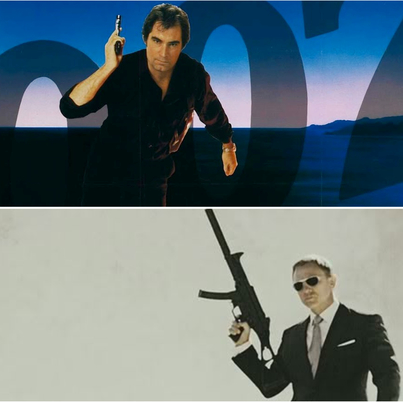
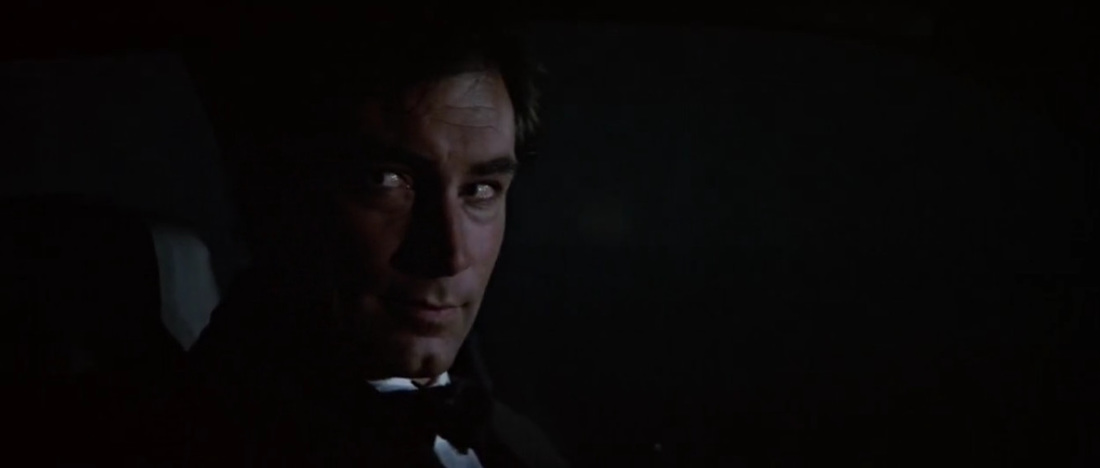
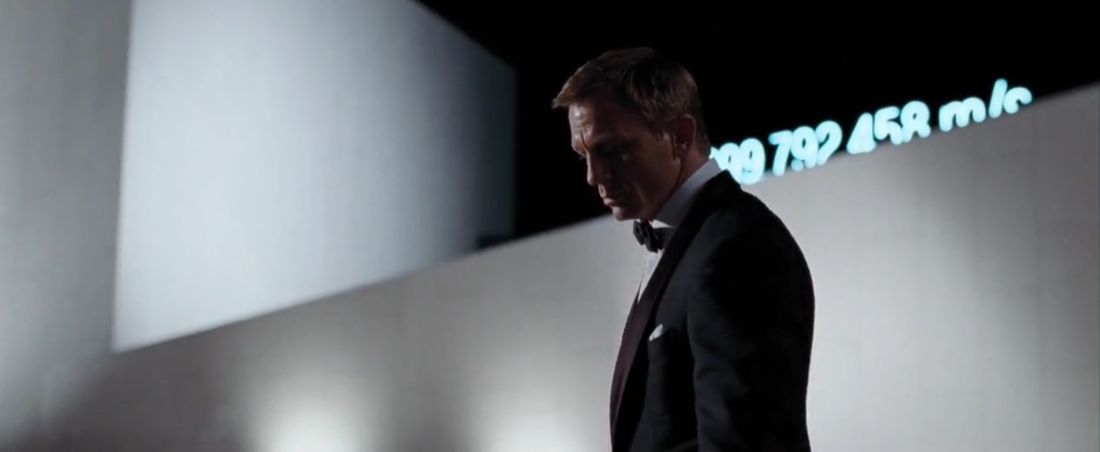
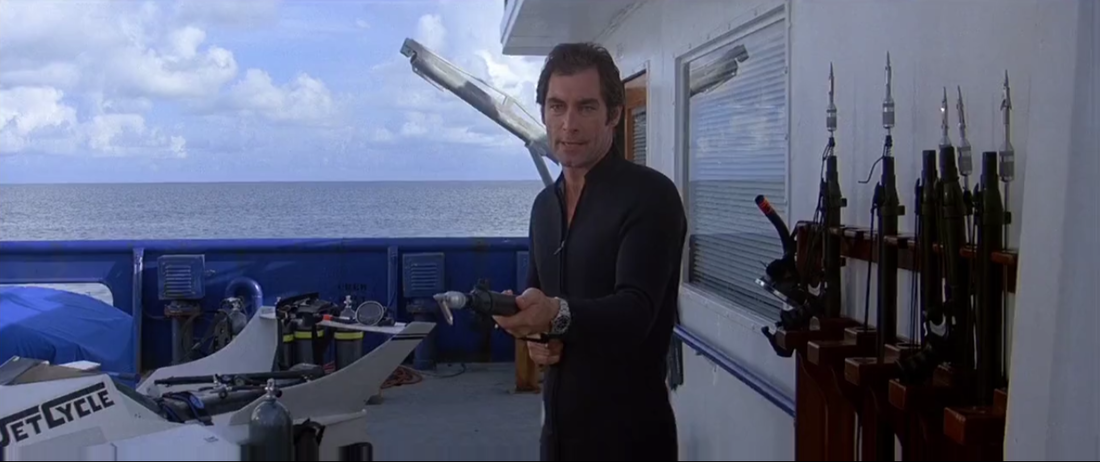
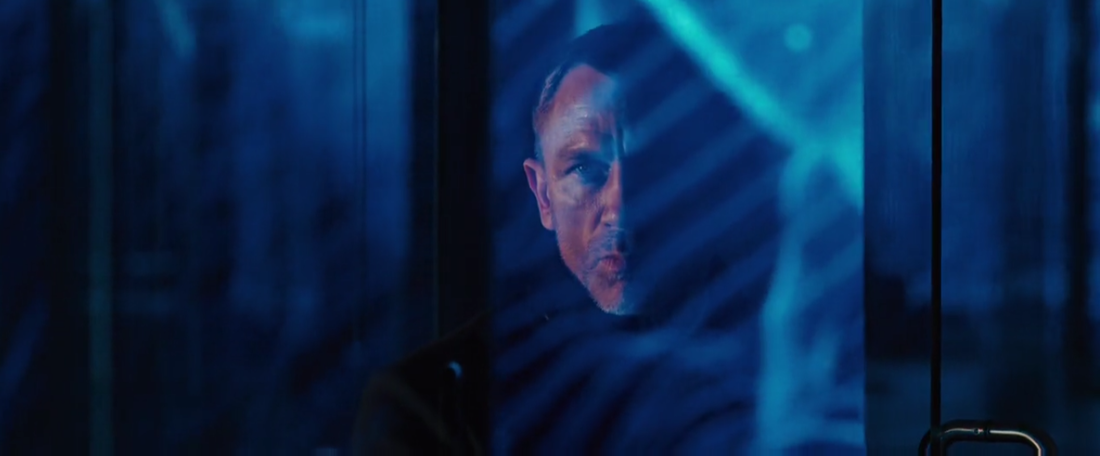
 RSS Feed
RSS Feed
